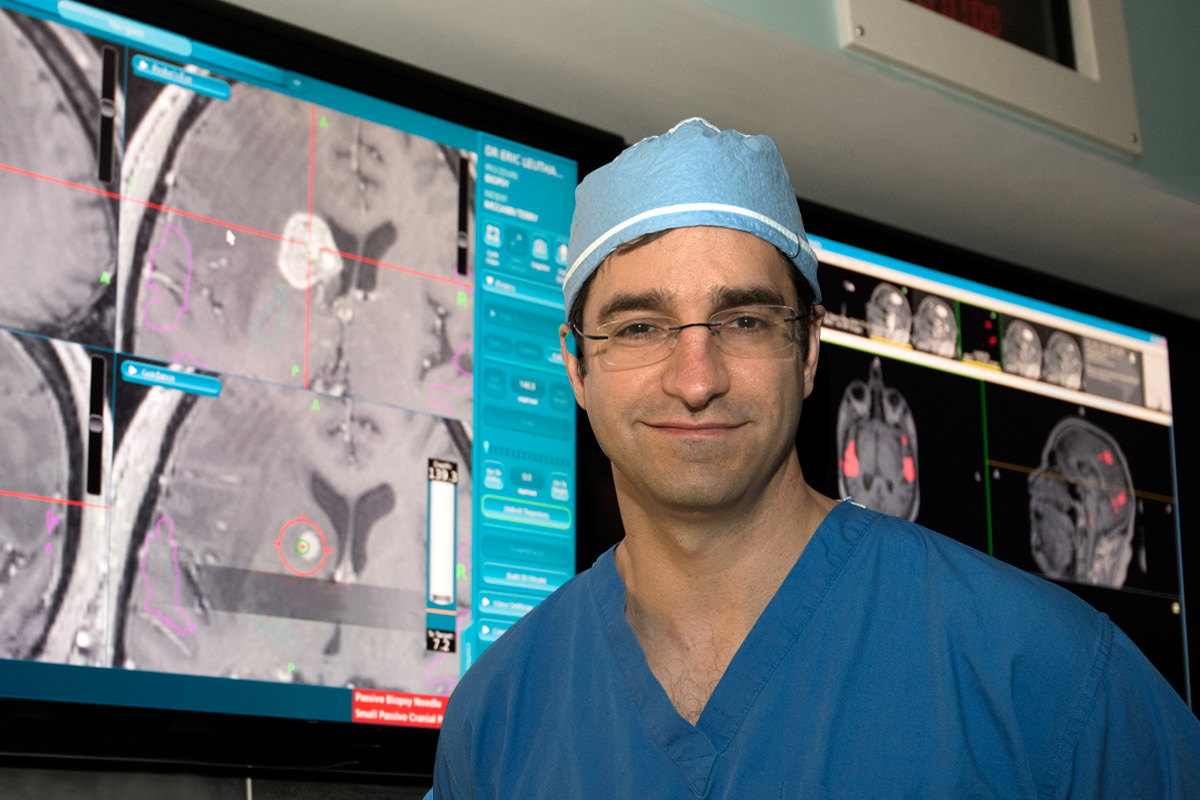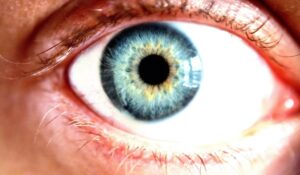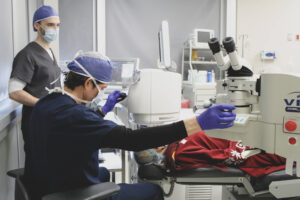For a long time now, it has been widely believed that cataract surgery is the best and only curative measure to remove cataracts from an affected eye.
But is that statement accurate? Is there any other way to heal or cure cataracts without surgery? Is it advisable to even look for alternatives to cataract surgery? We are ready to provide honest answers to all the questions listed above and a few more than could have been in your mind in this article.
To set a foundation, we would like to tell you that cataract surgery is an effective way to heal eyes struggling with the adverse symptoms of cataracts. Obviously, it is the most recommended whenever an eye is diagnosed with cataracts.
Cataract surgery is among the most commonly performed surgery in the world. Based on records, millions of people have undergone the procedure and come back with excellent results.
However, a few downsides come with cataract surgery. It may result in bleeding, infection, swelling, drooping eyelids, dislocation of lenses, inflammation, and more. Although, it doesn’t happen in every case. But the 30% chance is something worth discussing.
The Need for Alternatives to Cataracts Surgery
As a general saying in the health world, prevention is better than cure. That’s why it’s safer to think of alternatives for cataract surgery.

Recently, experienced healthcare providers conducted in-depth research to develop a nonsurgical treatment – a commendable alternative for patients who want to avoid cataract surgery. Nonsurgical treatment is also good for those diagnosed but not legible candidates for the procedure.
Meanwhile, nonsurgical treatments are more effective when applied as an early corrective response to cataract symptoms. Mostly becomes, surgery becomes necessary, and cataract patients notice some irregularities in their eyes.
The problem is that often, we don’t attend to the early warning signs of symptoms until the situation gets worse and surgery becomes the only way out. That’s why most cataract patients usually end up with cataract eye surgery.
You must take nonsurgical treatment seriously if you don’t want to avoid cataract surgery and the possible side effects that may surface after the procedure. As a plus, nonsurgical treatments prevent cataract symptoms like blurry vision, halos, and glare.
Although cataract surgery can help restore your eyes to the initial sharp position, it is only advisable when the situation worsens.
The Ongoing Research for More Alternatives for Cataracts Surgery
Much research is still ongoing to establish more effective treatments for cataracts without surgery. They are also investigating the causes of cataracts and developing nonsurgical treatment interventions like eye drops to help patients address cataract symptoms at the mild level before things get worse.
Although cataract surgery is fast, safe, and effective, it isn’t the best treatment for every patient. For instance, cataracts surgery is not advisable for people that have:
- Poor health or serious medical condition
- Advanced macular degeneration
- A detached retina
- The medical condition of the eyes like infection
- Advanced diabetes that affects the retina
- Corneal diseases like glaucoma
The above-listed patients who have been diagnosed with cataracts would need to consider other effective treatment alternatives available.
Cataract surgery is not even Advisable for those not suffering from the aforementioned health conditions unless the case has worsened to the extent that the affected person can no longer perform any of the daily activities.
Having established that, it is good to conclude that cataract surgery cannot be needed if patients have given an early response to the symptoms of cataracts before the condition becomes aggravated.

What are the nonsurgical ways to treat cataracts without surgery?
1. Eye drops
Eye drops seem to be the most common nonsurgical treatment for eye conditions, including cataracts. They are effective when applied according to the prescription of doctor. More so, eye drops can easily remove cataract symptoms when used at the earlier stage of the condition.
Unlike cataract surgery, Eye drop treatment is not expensive. Though you may buy more than once to continue your medication until the symptoms disappear, you won’t spend thousands of dollars on eye drops.
2. Constant eye examination
Enrolling for a detailed eye examination immediately after you notice some symptoms of cataracts or any other eye infection is always a good idea. A constant eye examination will help you discover signs of infection and find solutions to heal the eyes before it becomes severe.
On average, people above age 65 should go for eye checkups once a year, while younger folks can get an eye examination once every two years.
3. UV –protected glasses
The sun’s ultraviolet rays can cause cataract symptoms in the eyes and damage the lens over time. So, if you want to avoid going for cataract surgery, it is better to prevent your eyes from being exposed to UV rays from sunlight.
Of course, that doesn’t mean you would have to stay indoors all day; you can wear UV-protected sunglasses when going out during the day to keep your eyes safe.

4. Quit smoking
Smoking is a risk smoking for cataracts. One of the excellent ways to prevent your eyes from being severely damaged is to stay away from smoking. Otherwise, it will incur more problems that will warrant cataract surgery recommendation.
5. Get treatment for diabetes
Diabetes is an ailment that can cause the development of cataracts and worsen your sight to the extent of not seeing anything again. If you are a diabetes patient, you need to stay updated with your treatment and medications to avoid being enrolled for cataract surgery.
6. Update eyeglasses and contact lenses
Eyeglasses and contact lenses are corrective measures for the eyes, but they can be major causes of cataracts when they become outdated. If you are already using glasses or contacts, it is best always to stay updated.
Advantages of Nonsurgical Treatments for Cataracts
1. Affordability
One of the advantages of nonsurgical treatments for cataracts is that they are cheaper. On a norm, cataract surgery can cost up to $3000, and that is one primary reason people hesitate to enroll for the procedure.
No doubt, cataract surgery is quite expensive. Patients who don’t have much financial capacity to enroll for the surgery would be glad to pot for cheaper options in as much they are convinced the alternative will give them the expected result.
2. Accessibility
Another benefit of nonsurgical treatment is that patients can quickly get it without many protocols.
Final words
Although cataract surgery is among the most commonly performed procedure in the world, yet, it is not done everywhere. Not every healthcare provider can perform cataract surgery. Even some surgeons are not permitted to conduct the operation. Only specialized, licensed cataract surgeons have the legal rights to enroll patents for the procedure.
Related: All You Should Know About Refractive Keratectomy (PRK) Laser Eye Surgery




